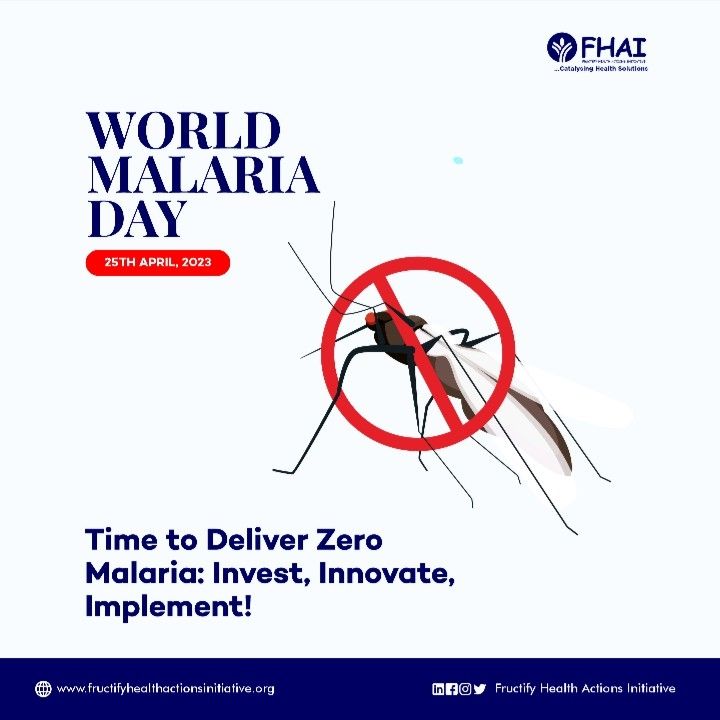According to the latest World malaria report published in December 2022, malaria claimed the lives of an estimated 619,000 people in 2021 compared to 625,000 in 2020, with 247 million new cases in 2021 compared to 245 million in 2020.
It also showed that in 2021, the World Health Organization (WHO) African Region continues to bear the heaviest burden of the disease – accounting for an estimated 95% of all malaria cases (234 million) and 96% of all deaths (593,000) – with nearly 80% of the malaria deaths being among children under the age of five in the region.
These point to the fact that the world is not on track to reach the two WHO critical targets of reducing global malaria case incidence by 90% or more by 2030, and reducing the global malaria mortality rate by 90% or more by 2030. Therefore, urgent and concerted efforts are needed to set the world back on a trajectory towards achieving these targets, and the Sustainable Development Goals 3.3 – which calls for ending malaria by 2030.
Therefore, we need to invest more while prioritizing funding for the most vulnerable populations who are less able to access services and are hardest hit when they become ill. This better targeting of available funding and predictable financing is essential to sustaining progress towards combating malaria.
Also, we need to intensify innovations that drives continued investment in the development and deployment of next-generation tools; malaria vaccines such as the RTS,S vaccine and R21; and new diagnostics that use alternative biomarkers.
And ultimately, malaria-affected countries and partners need to ensure implementation of all available WHO recommended tools and strategies for everyone at risk of malaria and particularly for those most vulnerable as too many people are still missing out on the services needed to prevent, detect and treat the disease. Though challenges against implementation of these strategies have been compounded by the COVID-19 pandemic particularly in sub-Saharan Africa, converging global humanitarian crises, restricted funding, weak surveillance systems and decline in the effectiveness of core malaria-fighting tools, all stakeholders need to be more encouraged in our drive to ending malaria by 2030.
Happy World Malaria Day!
#TimeToDeliverZeroMalaria
#worldmalariaday
#invest #innovate #implement
#endmalaria
#ZeroMalariaStartswithMe


